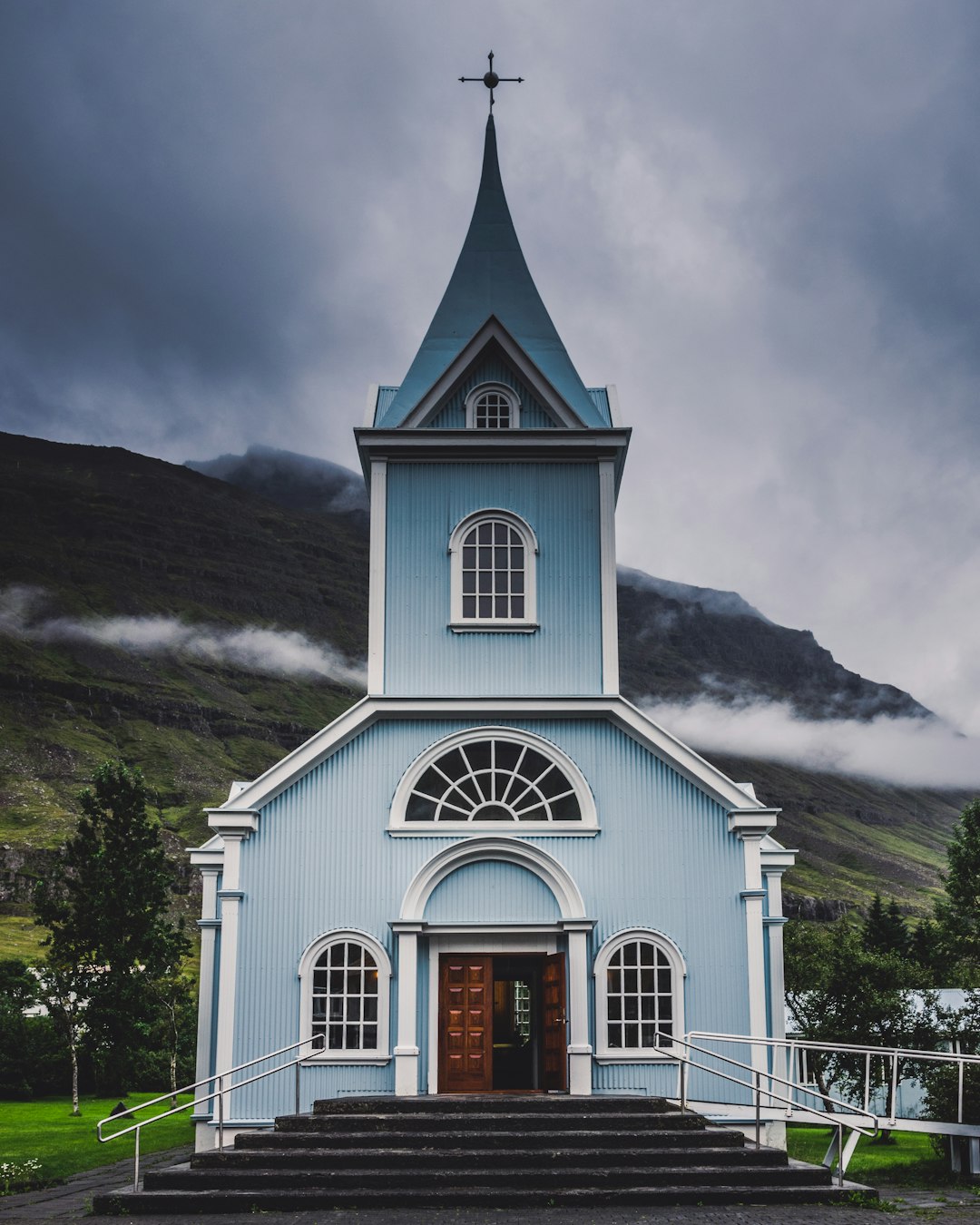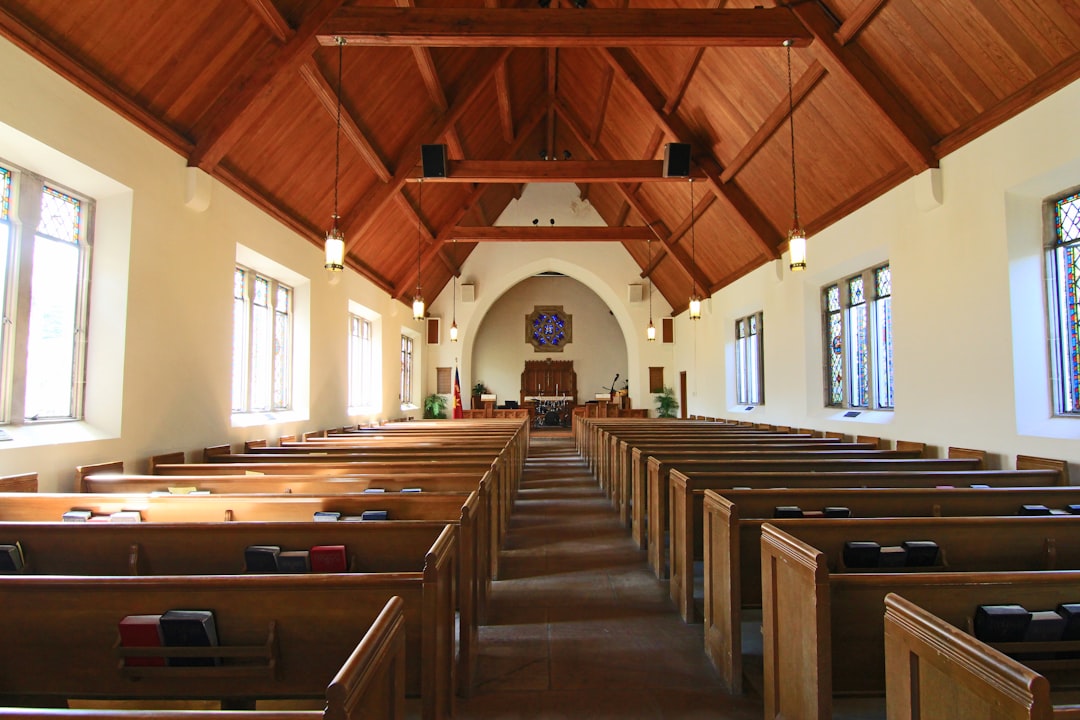Clergy abuse is a complex issue in Rochester, NY, often involving power imbalances and emotional trauma. Victims may struggle to recognize or report abuse due to gaslighting or fear. Specialized clergy abuse law firms in the area offer tailored legal guidance, helping victims break free from abusive situations and hold perpetrators accountable under New York State's protective laws. Choosing the right firm is crucial for justice, focusing on discreet handling, empathetic support, and proficiency in complex legal procedures. Prompt action is essential to seek justice and compensation within time limits. These firms provide comprehensive post-action care, connecting survivors with mental health resources, support groups, and community networks for holistic long-term recovery.
In the context of clergy abuse, victims in Rochester, New York, often seek legal support to address past trauma. This article guides survivors through a complex journey by exploring various aspects crucial for justice. We delve into understanding the patterns and red flags of clergy abuse, examining the legal framework specific to New York State, and providing insights on choosing the right clergy abuse law firms in Rochester. Additionally, we offer practical steps for navigating legal processes after disclosure and emphasize post-legal action care for healing.
Understanding Clergy Abuse: Recognizing Patterns and Red Flags

Clergy abuse is a complex and sensitive issue that often involves power dynamics, trust violations, and emotional trauma. Recognizing patterns and red flags is crucial for victims to come forward and seek justice. In many cases, victims may struggle to identify or articulate the signs of abuse due to gaslighting or fear of repercussions. Common indicators include manipulative behavior, pressure to keep secrets, isolation from family or community, and sudden changes in spiritual practices or beliefs.
If you are in Rochester, NY, and have experienced clergy abuse, it’s important to reach out to a reputable clergy abuse law firm for legal support. These specialized firms understand the unique challenges faced by victims and can provide guidance tailored to your situation. By understanding the patterns and seeking help from experts, individuals can break free from abusive relationships and hold perpetrators accountable under the law.
The Legal Framework: Exploring Rights and Resources for Victims in New York State

In New York State, victims of clergy abuse have specific legal rights and resources available to them. The state’s laws are designed to protect individuals who have suffered harm due to sexual or physical abuse by religious leaders. If you’ve been a victim of clergy abuse in Rochester NY, understanding your legal framework is crucial. There are specialized clergy abuse law firms in the area that can guide you through the process and ensure your rights are protected.
These firms often work on a contingency basis, meaning they only take a percentage of any settlement or judgment as their fee, which can provide financial relief for victims who may not have substantial savings. They can assist with navigating complex legal procedures, dealing with insurance companies, and building a strong case to hold abusers accountable. By leveraging the clergy abuse laws in New York State, victims can seek justice and begin the process of healing.
Choosing the Right Law Firm: Essential Considerations for Victims Seeking Justice

When seeking legal support for clergy abuse cases in Rochester, choosing the right law firm is paramount to achieving justice. Victims need a team that understands the complexities of these sensitive matters and possesses extensive experience in handling similar cases. It’s crucial to look for firms specializing in clergy abuse law in Rochester NY, who have a proven track record of successful outcomes and a deep commitment to protecting the rights of victims.
Several key considerations come into play. First, ensure the firm has expertise in sexual harassment and assault litigation, as these are common threads in clergy abuse cases. Second, verify their approach to handling sensitive information discreetly and with empathy towards survivors. Finally, assess their ability to navigate complex legal procedures while providing clear communication and support throughout the process.
Navigating the Legal Process: Steps to Take After Disclosing Clergy Abuse

When you’ve disclosed or experienced clergy abuse, navigating the legal process can seem daunting. The first step is to reach out to a reputable clergy abuse law firms Rochester NY. These specialists have the expertise and experience in handling such delicate cases, ensuring your rights are protected from the outset. They will guide you through each stage of the legal process, providing clarity and support.
After engaging a lawyer, the next steps involve gathering evidence, which may include documents, testimonies, or any relevant communication related to the abuse. This process requires careful handling to maintain the integrity of your case. Your lawyer will help you file a lawsuit if necessary, seeking justice and compensation for the harm caused by the clergy member’s actions. Remember, time limits apply to such cases, so acting promptly is crucial.
Support and Healing: Post-Legal Action Care for Survivors of Clergy Abuse

After navigating the complex legal process, survivors of clergy abuse require dedicated support and care to heal and rebuild their lives. Many victims struggle with emotional trauma, anxiety, and depression, often requiring long-term therapy or counseling. Support groups and community networks can also play a vital role in their recovery journey, offering safe spaces for sharing experiences and fostering a sense of belonging.
Clergy abuse law firms in Rochester NY understand the profound impact this experience can have on individuals and families. They recognize that legal action is just one step in the process of healing and strive to provide comprehensive post-action care. This may include connecting survivors with local resources, such as mental health professionals or support groups tailored to their needs, ensuring they receive the holistic assistance required for long-term recovery.




